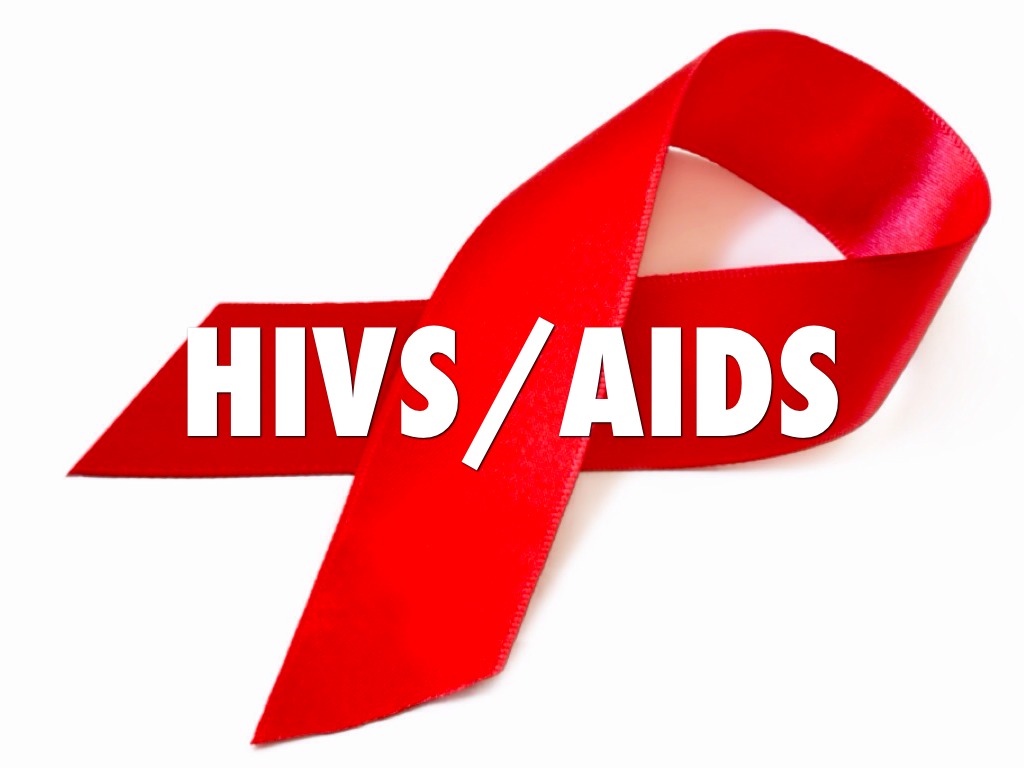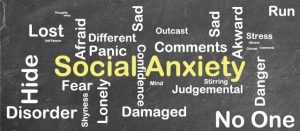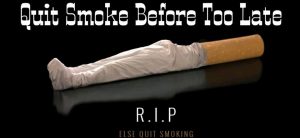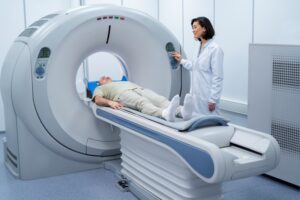
HIV is Human Immunodeficiency Virus, a deadly virus that attacks natural defense system or the immune system of the body. If immune system of the body isn’t good then the body finds it difficult to fight the disease. The infection and virus is termed as HIV. Symptoms like fatigue, headache, sore throat, vomiting, nausea, diarrhoea, aching muscles, red non itchy rash, swollen lymph nodes and fever are experienced by the patient suffering from HIV disease.
HIV spreads through pre-seminal fluid, semen, blood, breast milk, rectal and vaginal fluid. Kissing, needles used for body piercing and tattooing, blood transfusion, touching open wounds having vaginal sex, anal sex, oral sex or sharing needles, of and with an HIV infected person could cause HIV. An HIV infected mother could pass on the disease to the baby.
There is no cure for HIV, currently. However with antiretroviral treatment, it is possible to control HIV. With functional cure the disease can be reduced to harmless and undetectable levels permanently, however there are chances of the residual virus remaining in the body. Researchers are continuing to research and hope to find a cure for the disease, soon.
However there is a rare case of Timothy Ray Brown, a Berlin patient, who was diagnosed with HIV in 2006 and ten years later with two bone marrow transplants, chemotherapy and medication, he has become free of HIV. Experts till date are unaware how he became free of the disease. If the mother is HIV positive, medications are given to the infant and tests are conducted when the infant is weeks old.
In a different approach, ART – Antiretroviral therapy doctors have administered medication and therapy when the baby is just 4-5 hours old, after which treatment continues for long. HIV treatment has to start early. Effective treatment can be given with frequent testing and keeping track of the disease. The patient must adhere to treatment advised by the doctor and maintain a healthy lifestyle so that it is possible to live longer. Patients must be willing enough to undergo life-long treatment. It is difficult for doctors to term anyone HIV free till better tests exists to identify the virus in the body.
HIV medications, antiretroviral drugs, antiretroviral therapy, nucleotide reverse transcriptase inhibitors, nucleoside, non-nucleoside reverse transcriptase inhibitors, protease inhibitors, etc may be given to control virus growth, improve working of the immune system, stop or slow down symptoms, cause fewer side effects and improve quality of life. Even if medications are taken the virus could be transmitted to others.








